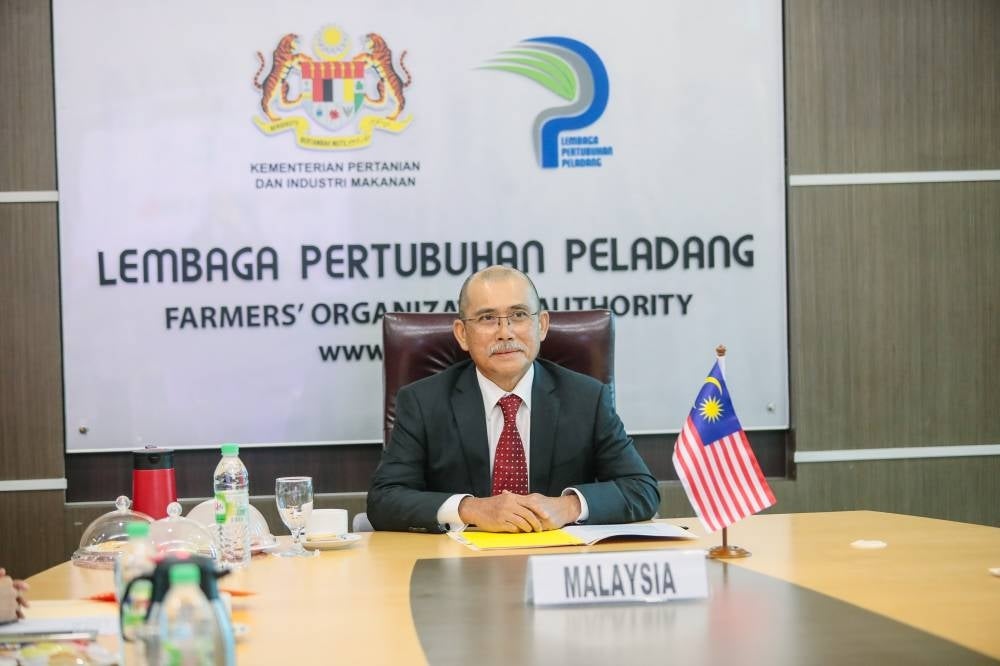New policy direction to address the challenges in Malaysia's agro-food sector

SHAH ALAM: Agriculture and Food Industry Minister Datuk Seri Dr Ronald Kiandee said Malaysia has developed a new policy direction to address the challenges in Malaysia's agro-food sector for the next 10 years.
He said the ministry has developed the new policy through the National Agro-Food Policy 2021-2030 (NAP 2.0) and the National Food Security Policy Action Plan 2021-2025.
"The five key challenges that had been identified included scarcity of natural resources, lack of productivity and innovative agriculture, demographic change and shifting nutrition trends, food loss and waste, as well as the adverse impact of climate change," he said in a statement on the 7th D-8 Ministerial Meeting on Agriculture and Food Security which was held virtually.
He said with the three key characteristics of sustainability, resilience, and technological advancement, the Malaysian agro-food industry aspires to be one that is robust and agile, not only to keep pace with global economic growth and the effects of globalisation, but also to mitigate the impact of climate change.
The Malaysian Agricultural Research and Development Institute (MARDI), he said has taken critical steps to address the effects of climate change, particularly on rice crops, through the development and use of flood and drought-tolerant rice varieties, as well as the development of rice seed varieties resistant to saline water.
He said Malaysia will continue to work in closely with international organisations particularly the International Rice Research Institute (IRRI) through ASEAN RiceNet National Plan Implementation in Malaysia.
"The devastating effect of climate change on the agriculture sector is extensive.
"In Malaysia, the recent floods that have impacted parts of the country also affected some 8,000 farmers, resulting in record losses for the agro-food industry of over USD$21 million.
In addition, he said, within a five-year period from 2017 to 2021, a total of nearly 41,000 hectares of paddy crops were destroyed due to floods in Malaysia, while over 9,000 hectares were damaged due to drought.
In view of this, Malaysia is in the process to introduce agricultural insurance to manage the financial impacts of climatic shocks and to support the growth of the agriculture sector, he said.
"Malaysia remains committed towards ensuring supply-chain agility and resilience, which are critical for the agro-food industry to maintain smooth operations and remain competitive under distressed conditions," he said adding that to encourage modernisation, new financing mechanisms and incentive structures are in place to foster the adoption of 4IR technology.
In this regard, he said a dedicated fund has been established by the government to accelerate the adoption of 4IR in Malaysia’s agriculture sector and the fund provides opportunities for farmers, especially young agropreneurs to modernize their agricultural activities.
"Malaysia recognises that in order to address climate change, a comprehensive shift towards modernisation is required, and smart farming or precision agriculture is indeed the way forward and believes that climate-smart agriculture could contribute to the advancement of agricultural system transformation.
"The transformation towards adopting modern technologies in agriculture will ensure our food security in a changing climate," he said.
He added that Malaysia looks forward to further regional cooperation and smart partnership of policymakers, scientists, the private sectors, as well as the farming community to implement the convergence of technological advancement, policymaking decisions and business experiences.











